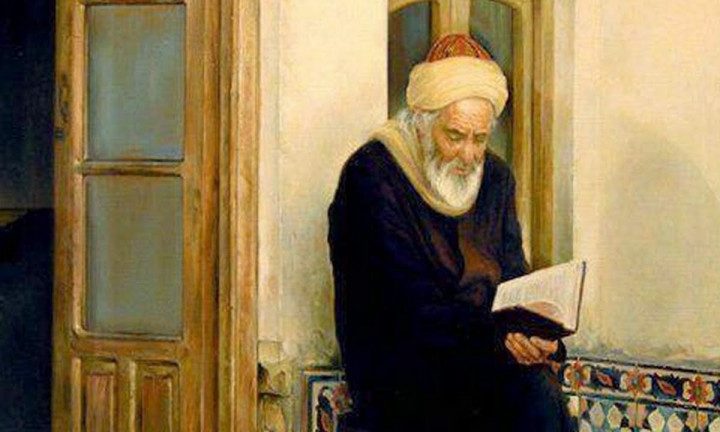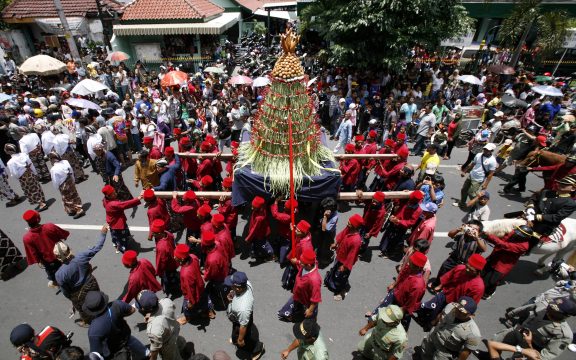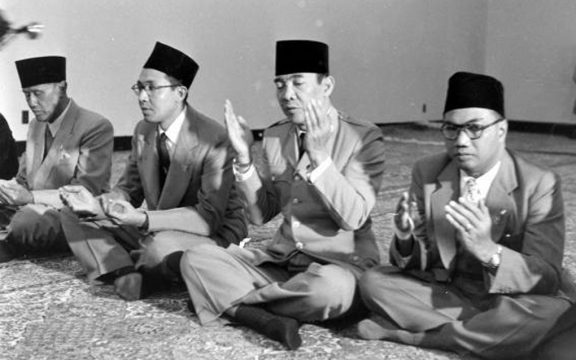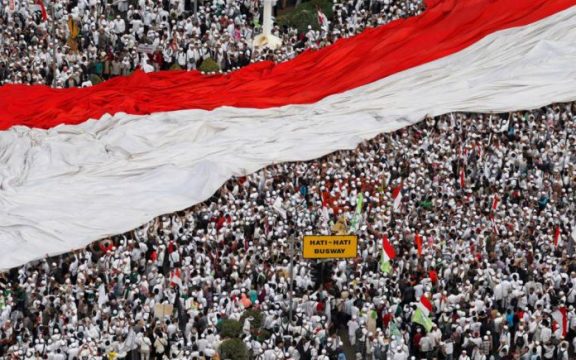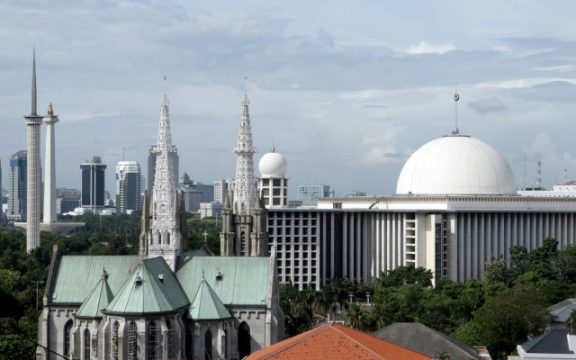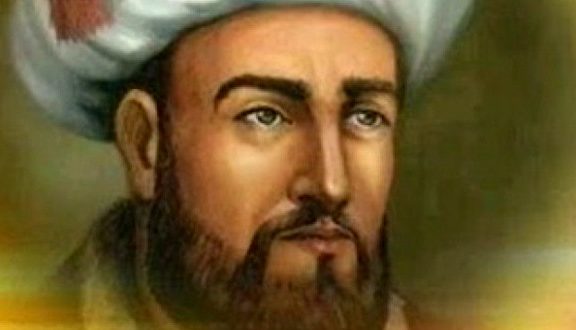In his monumental work, Ihya’ Ulumuddin, al Ghazali said:
الملك والدين توأَمان فالدين أَصل والسلطان حارس وما لا أَصل له فمهدوم وما لا حارس له فضائع
State and religion are twin brothers. Religion is the basis, while the state is the guardian. Something without foundation will collapse, and the ground without guardians will disappear.
The statement above, by al Ghazali, seems to lead the acknowledgement, even to support, the concept of theocracy. Meaning to adopt one religion for the basis of government in operating the state system.
Marzuki Wahid in his book, entitled “Fiqh Indonesia,” affirmed that Ghazali’s statement obviously misled. He said that many scholars of the Sunni school of thought perspective in which followed by al-Ghazali as well, in fact, explicitly supports this view.
Thus, this phenomenon raises my curiosity whether Imam Al-Ghazali supported theocracy or, even, otherwise?
To answer this question it is better to understand the socio-political conditions during Al-Ghazali lifetime on the first place. The statement basically was motivated to respond the embryo of conflict among Muslims. During his lifetime, there were many discourses massively produced based on Shiite view insisting that religion and state are inseparable.
It subjectively refers to their theological doctrine which regards that Imamah concept isone of faith pillars. Thus, this condition pushed Al-Ghazali to take part in criticizing Shia-based view despites as an effort for protecting Sunni Muslim from its influence.
Al-Ghazali in his work, al-Iqtishad fi al-I’tiqad, states that Imamah/Khilafah is obviously not a prominent subject in good government discussion. He said:
النظر في الإمامة أيضاً ليس من المهمات، وليس أيضاً من فن المعقولات فيها من الفقهيات، ثم إنها مثار للتعصبات والمعرض عن الخوض فيها أسلم من الخائض
Imamah or caliphate discussion is not an important discussion as well, nor is it basic theology, but it is fiqhiyyah. This discussion could trigger a fanaticism. People who refuse to discuss it are safer than whoever involves.
In addition, during his lifetime, politicians often practised and produced as well violating Shari’a patron policies such corruption and abuse of power. Ironically, these deviations were legitimated in the name of religion.
Seeing the context above, Al-Ghazali’s statement about religion-state relation thus could be objectively and well-understood that he perhaps saw that, among the socio-political condition, people need for a clear and distinct concept on religion-state relation. One of its purposes is to reject the abuse of power under the name of religion which bloomed at the time.
Arguing that state and religion are twin brothers shows al Ghazali’s perception that both are two different existences. Religion needs to take different place apart from the state considering the resistance politicizing religion for the sake of a politician’s interest.
State, according to Al-Ghazali, is not a part of basic principles of faith. However, this does not mean that religion and state must be extremely separated–secularization–because if it is occured, many religious symbols and practices in public sphere could be restricted. Religion remains to have a role such as being moral and ethical control system in social life of the citizens as long as religioun is not understood scripturally.
Thus, the governance based on religion as Ghazali stated further cannot immediately understood as his agreement for the establishment of religion-based state, theocracy. He merely attempted to emphasize that religion has important role for ruling state and vice versa.
In line with this view, Imam Shafi’i states;
لا سياسة إلا ما وافق الشرعَ
“There is no politics but what is in accordance with the Shari’a.”
Ibn Qayyim explained that the statement above means that the most important thing in politic is not its conformity with the sharia literally, instead the similar objective as well as sharia purpose so (maqashid as-shari’a).
*Originally translated from Indonesian article on islami.co, written by Moch Royyan Habibi https://islami.co/pernyataan-al-ghazali-yang-sering-disalahfahami-pembela-negara-islam/
![Islami[dot]co](https://en.islami.co/wp-content/themes/jambualas/images/logo.png)
